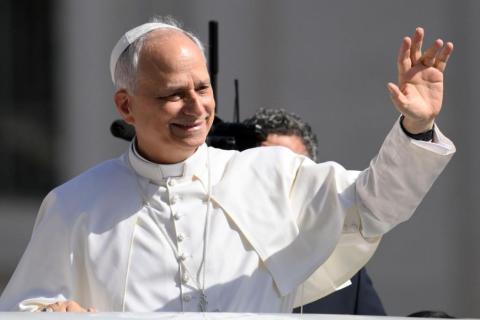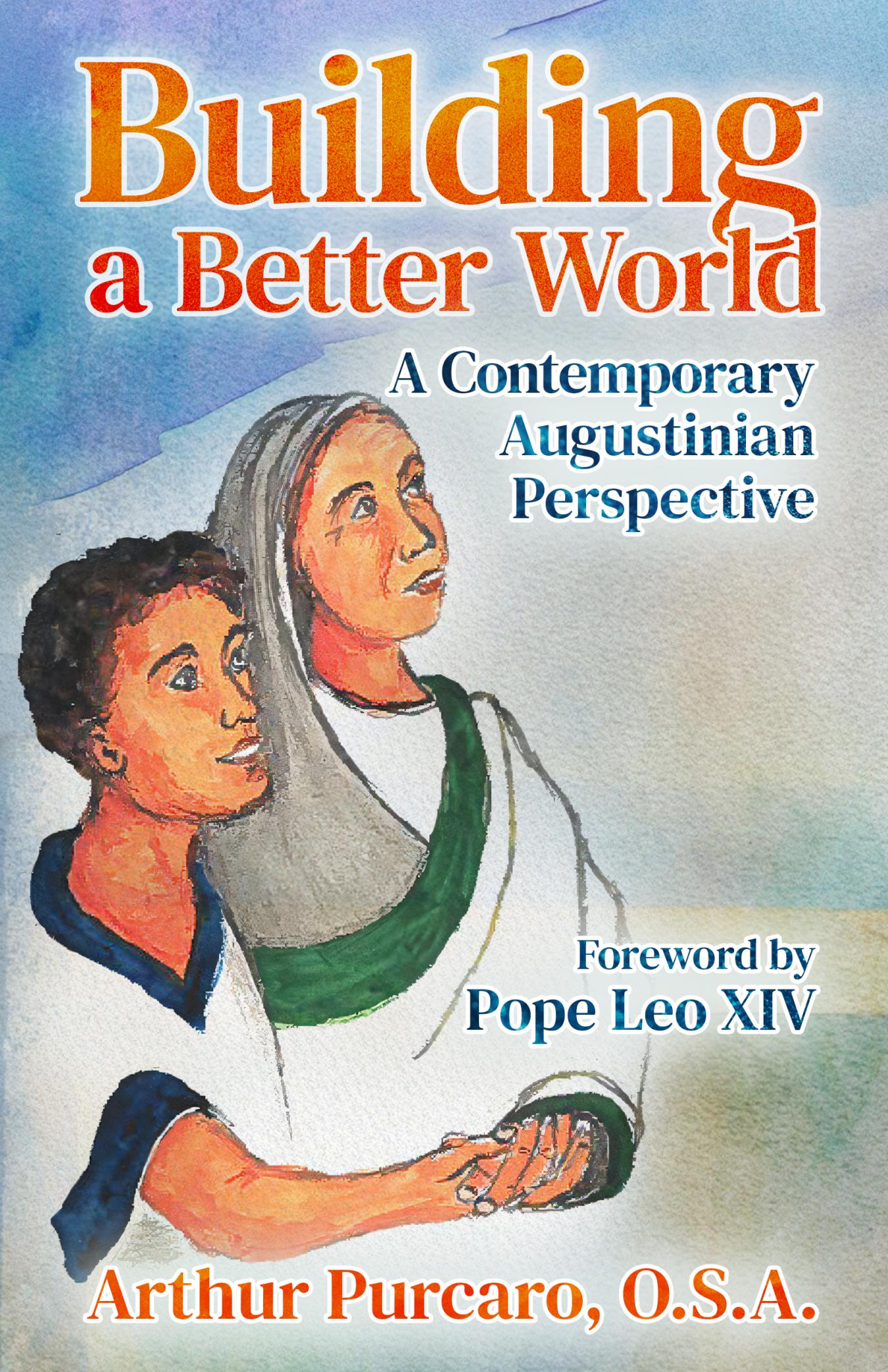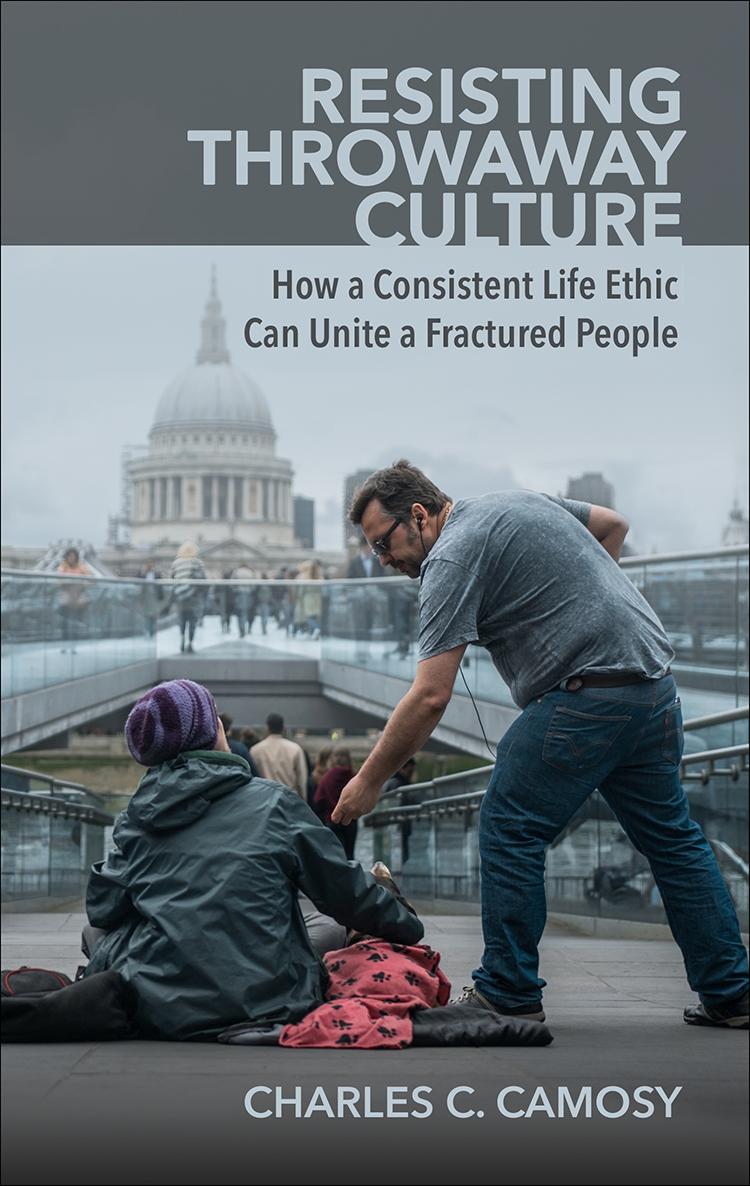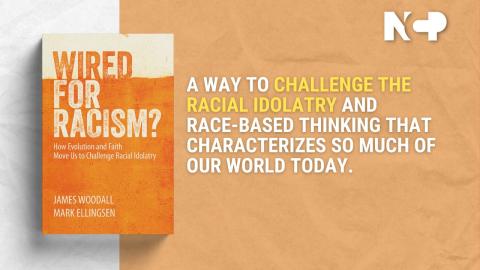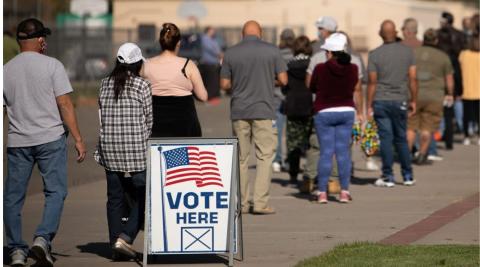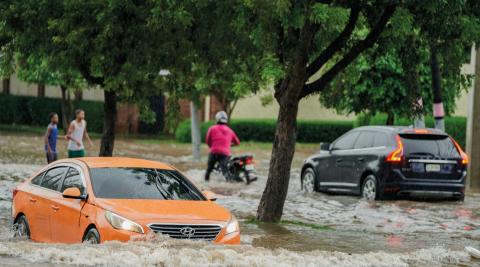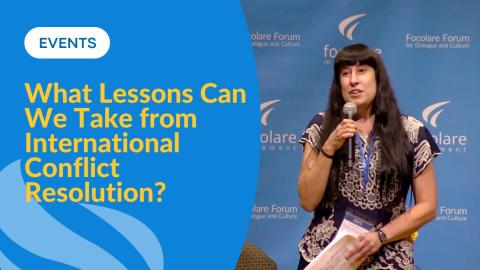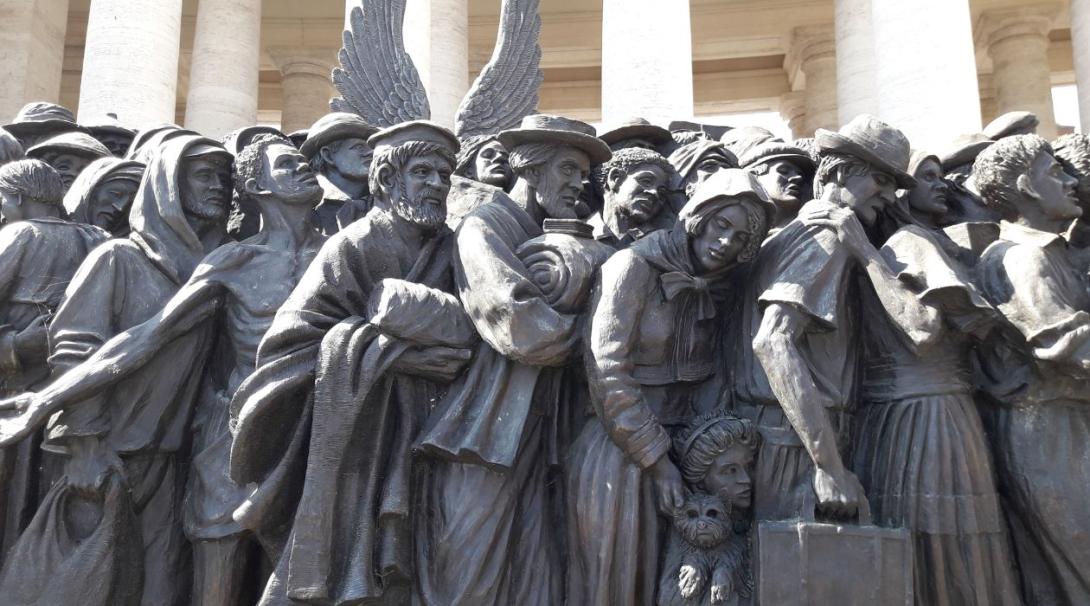
On February 10, Pope Francis released a letter to the bishops of the United States extolling their commitment to migrants and refugees, and commending them for all that “they do for the protection and defense of those who are considered less valuable, less important or less human!” He further lamented the major crisis taking place in the U.S. with “the initiation of a program of mass deportation.”
More recently, Archbishop Timothy Broglio, president of the United States Conference of Catholic Bishops (USCCB) revisited this theme, declaring that “the mass arrest and removal of our neighbors, friends and family members on the basis of immigration status alone, particularly in ways that are arbitrary or without due process, represent a profound social crisis before which no person of good will can remain silent.”
Both the Holy Father’s original letter and Archbishop Broglio’s statement were set against the backdrop of the Trump Administration’s effort to dramatically increase immigration enforcement, with the purported aim of deporting up to one million migrants annually. To that end, in its first 100 days the Administration initiated significant changes to the U.S. immigration system, prioritizing border security, interior enforcement and deportations, restricting access to humanitarian pathways, and creating barriers to legal immigration.
Paired with new funding proposed in the “The One Big Beautiful Bill Act,” now making its way through Congress, the Administration would have significant resources to implement a mass deportation strategy. In terms of its immigration components, and without accounting for other controversial features, the version of the bill passed by the House includes more than $45 billion dollars for immigration detention, $100 million to facilitate the expedited removal of unaccompanied children, and $25 billion for more general immigration enforcement operations.
The Church is called to embody the spiritual and the corporal works of mercy. This is an effort of the whole church.
Prior to its passage in the House, the Catholic bishops issued a letter that rejected the “unprecedented levels of mandatory funding that would escalate enforcement far beyond the legitimate goals of promoting public safety and bringing to justice those who commit crimes.” The bishops have also called for the removal of funding for family detention and to preserve access to family reunification and life-saving protections beyond someone’s ability to pay. Most recently, they released an additional letter to the Senate that provided in depth recommendations for changes that should be made to the legislation.
Of particular concern to Church leadership is the extent to which increased deportations would affect the Catholic and broader Christian immigrant community living in the United States. A recent report coauthored by USCCB staff highlighted the profound impact that mass deportations could have on Christian families and congregations across the United States if carried out in the way some policymakers have proposed. The report, entitled “One Part of the Body: The Potential Impact of Deportations on American Christian Families,” concluded that one in twelve Christians—and roughly one in five Catholics—could be deported or live in a household with someone at risk of deportation.
The Church has long supported a legalization process that would provide an opportunity for many migrants who are here in an irregular status to adjust and become legal residents. Church leadership has also supported policies that protect families and respect the integrity of every human person. But advocacy alone is not enough.
It is critical that Church leadership and the laity provide a vocal witness to the inherent dignity of all migrants and provide accompaniment and support to them in their daily struggles. Throughout the year, bishops from around the United States have issued statements in solidarity with migrant communities, many of whom are living in continual state of fear.
On March 24, the Diocese of El Paso, led by Bishop Mark Seitz, led a march and corresponding vigil in support of migrants. Speaking to an overflow crowd, Bishop Seitz reflected on the current moment, declaring that “the heartwrenching pain coursing through our community is real. Indiscriminate immigration enforcement, the denial of due process and the pulling apart of families strike at our community and are grave attacks on human dignity. The threat of mass deportations is untenable and immoral and demands a credible response.”
On June 20th, Bishop Pham of the Diocese of San Diego, who came to the United States as a Vietnamese refugee as a child, led a delegation of clergy to the local immigration court with the “a goal of being "able to sit in the courtrooms of different migrants and hear their cases and then accompany them out." Regardless of the outcome of any immigration hearing, being present for immigrants and families who are affected demonstrates the Church’s commitment to stand by those in need of accompaniment.
At the very center of its mission, the Church is called to embody the spiritual and the corporal works of mercy. This is an effort of the whole church. Priests, religious, and lay ministers must be provided access to detained migrants so that they can remain strong in their faith, particularly during a time of deep uncertainty. Jesuit Refugee Service does this every day through their chaplaincy program, which provides pastoral and religious assistance to meet the needs of non-citizens detained by the Department of Homeland Security. It is equally important that Catholic charities, Catholic healthcare providers, and Catholic schools respond to the spiritual and material needs of those left behind. Restricting or prohibiting the Church from providing these kinds of support is a direct assault on its ability to live out its mission in the world.
These various forms of accompaniment are not just feel-good gestures or efforts at humanitarian outreach intended to better the lives of those under our care, as important as that is. They are also acts of evangelization, calling each of us to think more deeply about our relationship to God and each other, and to question whether our behavior aligns more with priorities of the Gospel or with those of the world. They thus aim at conversion, drawing all of us more closely to the Gospel command to welcome the stranger and challenging us to reform our lives in accord with that message.






